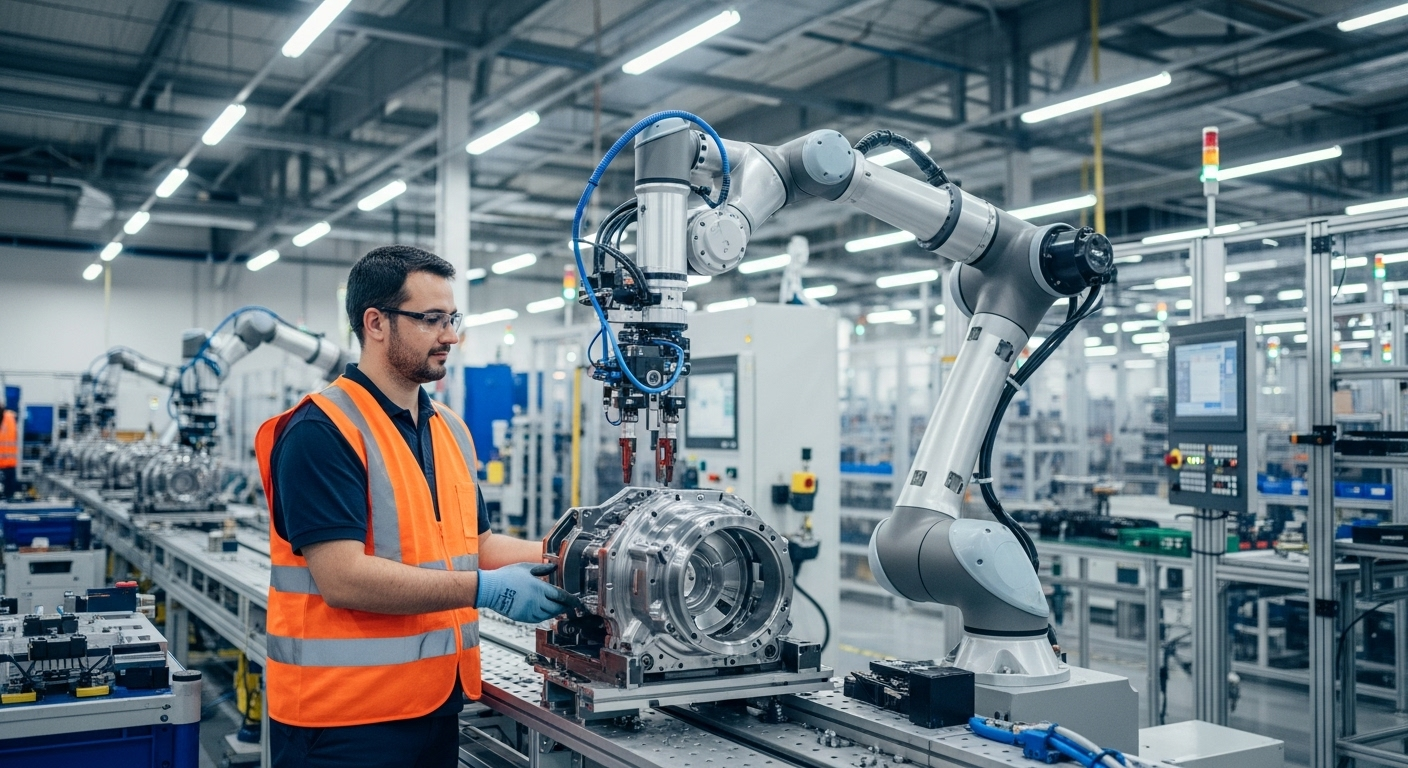Factory Jobs: Roles, Skills, and Work in Manufacturing
Factory work covers a range of roles within manufacturing and production environments, and this article explains common duties, workplace practices, and considerations for workers. This is general information about factory jobs and employment contexts, not a listing of open positions or a promise that hiring is occurring at any company or location. Availability varies by employer and time.

What does a factory worker do?
A factory worker carries out tasks that keep production moving, from basic assembly to operating machinery and performing quality checks. Daily responsibilities often include following production schedules, monitoring equipment for faults, packing finished goods, and recording output. Attention to detail and adherence to safety procedures are central, because mistakes can affect product quality and workplace safety.
Many factory roles require repetitive tasks done to a consistent standard, while others involve troubleshooting or small repairs. Workers usually collaborate with supervisors and maintenance staff, and may rotate between stations to meet production demands. Shift work and overtime can be part of schedules depending on the plant’s output needs.
What types of manufacturing roles exist?
Manufacturing facilities employ a variety of roles: assembly line operatives, machine operators, quality inspectors, maintenance technicians, production planners, and warehouse or logistics staff. Engineering and process improvement roles support efficiency and product development, while administrative and safety specialists manage compliance and recordkeeping.
Roles can be entry-level or skilled. Entry-level positions typically emphasize manual tasks and routine quality checks, with on-the-job training provided. Skilled positions—such as CNC operators or maintenance technicians—often require certifications or vocational training. Understanding the differences helps workers identify suitable career paths within manufacturing.
How do production lines operate?
Production lines are organized to transform raw materials into finished products efficiently. Work is divided into sequential tasks, with each station responsible for a specific operation. Plants may use manual lines, semi-automated systems, or fully automated cells; each setup affects the speed, consistency, and staffing needs of the line.
Modern manufacturing commonly applies principles like lean production and just-in-time inventory to reduce waste and improve flow. Continuous improvement programs encourage workers to report bottlenecks and suggest small changes that can increase throughput. Safety interlocks, standard operating procedures, and quality checkpoints are integrated to protect workers and ensure consistent output.
What should workers know about working in Japan?
Japan has a substantial manufacturing sector with companies specializing in automotive, electronics, machinery, and precision components. Working in Japan typically involves an emphasis on punctuality, teamwork, and adherence to established processes. Japanese-language ability is often helpful, especially for technical roles and workplace communication, though some international or large firms offer multilingual support.
Employment terms can vary by employer; some positions are permanent while others are contract-based. Foreign workers should confirm visa and permit requirements through official government sources or accredited employers. Workplace norms may include structured training, clear hierarchies, and strong focus on quality control; this overview is general and does not imply current openings in Japan.
How to prepare for factory work?
Practical preparation includes obtaining relevant certifications (for example, equipment operation or safety training), building basic mechanical skills, and practicing clear communication. Many employers value punctuality, reliability, and a willingness to learn. Basic computer literacy helps for roles involving tracking production data or using digital checklists.
When seeking factory roles, use reputable channels such as company career pages, certified recruitment agencies, and official employment centers. Carefully review job descriptions and contract terms, verify employer credentials, and confirm that any recruiter is legitimate. This advice supports informed job searching and does not represent active job listings.
Conclusion
Factory jobs span a wide range of functions within manufacturing and production, offering opportunities from entry-level assembly to specialized technical roles. Workers benefit from safety-awareness, practical skills, and clear communication. While this article outlines typical responsibilities and considerations—including some context about Japan—it is informational only and does not represent specific hiring or available positions.






